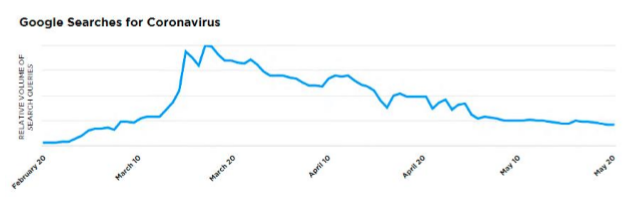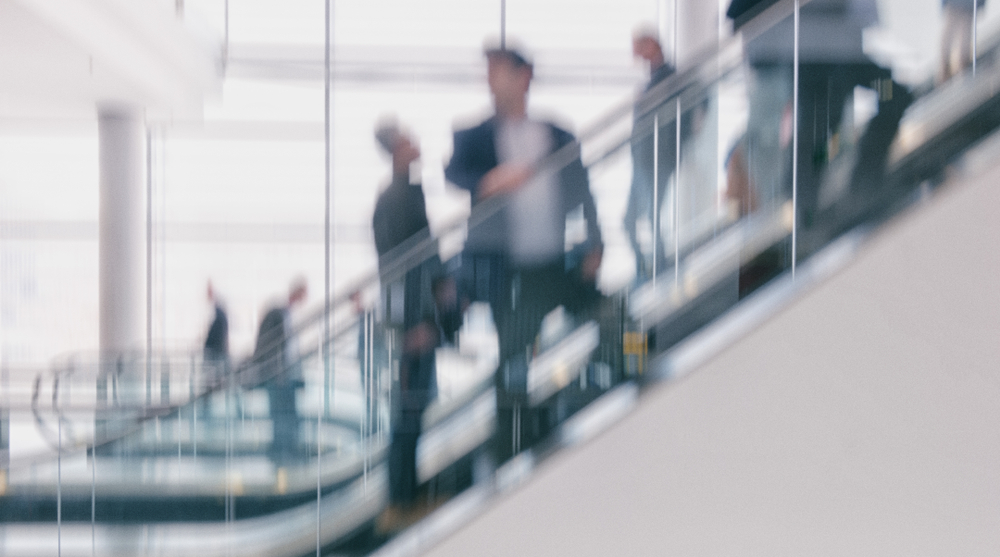1. THE BLEAK VISION OF THE SEROTONINE AUTHOR …
“I don’t believe in declarations for a second that” nothing will be the same as before. ” We will not wake up after a pandemic in the new world. It will be the same, just a little worse, “Houellebecq wrote in a letter published by the French radio station France Info.This well-known French author whose leitmotif of his work is nihilism, the existential crisis and loneliness claims that the COVID epidemic is the next stage of the gradual disappearance of physical, interpersonal contacts. And society’s mutation towards a world in which technological changes, both smaller (video on demand, contactless payments) as well as larger ones (teleworking, online shopping, social networks) result in limited material, and especially human, contacts. The coronavirus epidemic is a great reason to reinforce this trend, notes the author of “Serotonin “. Another issue addressed in Houellebecq’s letter is social desensitization in the face of the victims’ tragedy, described by the writer as the psychological term of dissimulation, and understood as social

2 …. A GLOBAL FALL OF INTEREST IN COVID THEME -19
Global Google search data shows both a decrease in searches and a weakening of discussion temperature (see chart 1) over the past month. Another study, carried out by the Oxford Reuters Institute for the Study of Journalism, reports on the conscious “reluctance” of British consumers and a decrease in interest in “coronavirus” topics. This percentage increases from month to month and is currently 59% (compared to the data from April, when 49% of consumers answered the same question).Respondents, when asked about deliberately avoiding facts related to COVID 19, admit … that they are worried mainly about the impact of messages on their mood (66%), while for one-third of there is too much news, or because they can’t do anything faced with this information. After all, these indications can be “linked” to the thesis of Houellebecq’s dissimulation. However, another equally important reason is the decrease in trust, caused by the large amount of “fake news”. What is also important – the less we read about a threat, the less we are afraid of it. A study conducted in European countries most affected by the epidemic: France, Germany and Italy, show a decrease in consumer concerns regarding COVID infection.

3. AND HOW DOES IT LOOK IN POLAND?
The temperature around COVID -19 is also slightly colder in Poland (according to google search). Recent studies also report that Poles are less worried about their health. Only 37% of Poles are afraid of falling ill due to COVID, at the beginning of April, this percentage was at 54% (after United Surveys for onet.pl). Is this further evidence of Houellebecq’s terrible social vision? Fortunately, according to experts, these changes are primarily caused by the loosening of social restrictions and the persistent – relatively low – number of cases. What is also essential – the decrease in anxiety associated with long-term limitations and isolation strongly correlates with the growing percentage of people dissatisfied with the government’s activities regarding COVID. The conclusion is quite simple: we are no longer afraid to get sick, so it’s time to go back to our favourite national sport: complaining.


